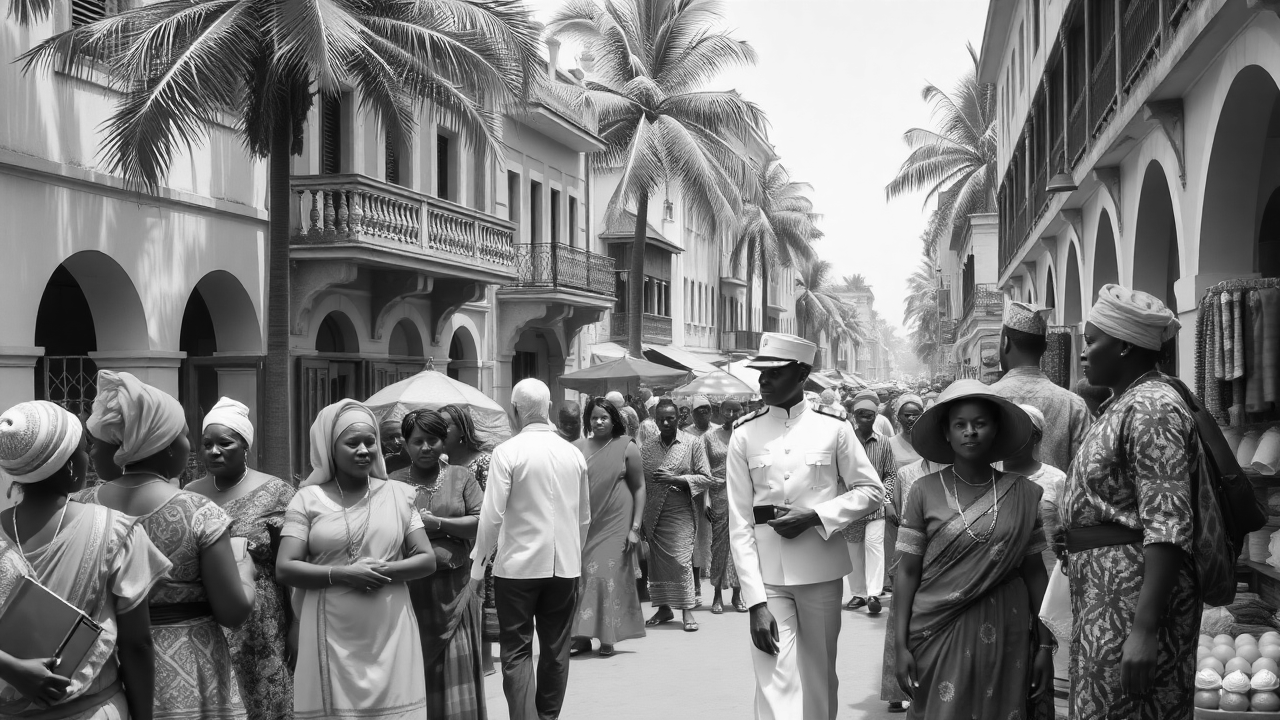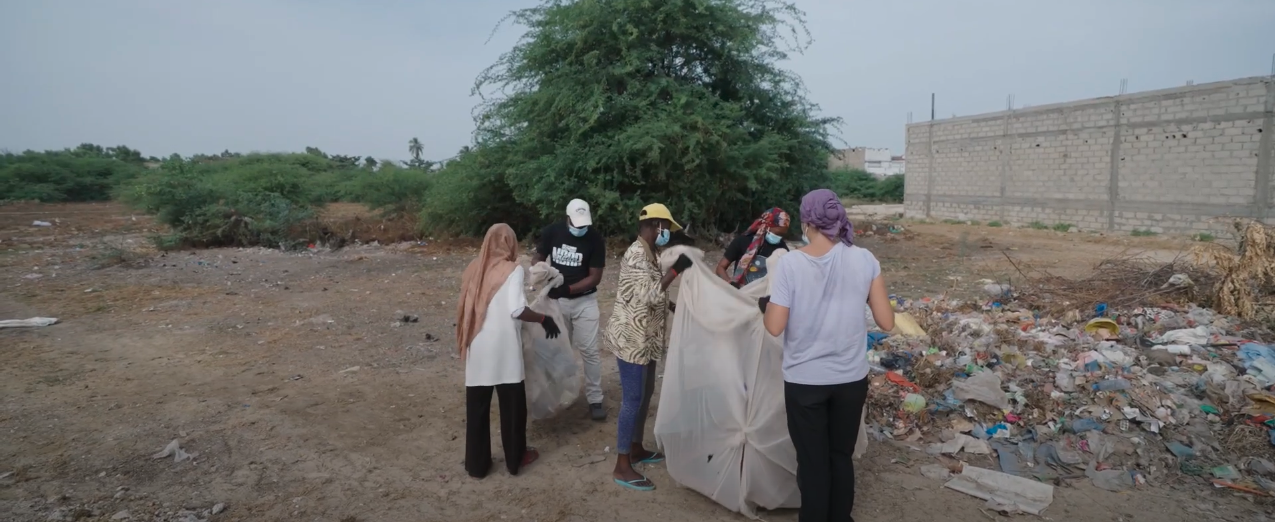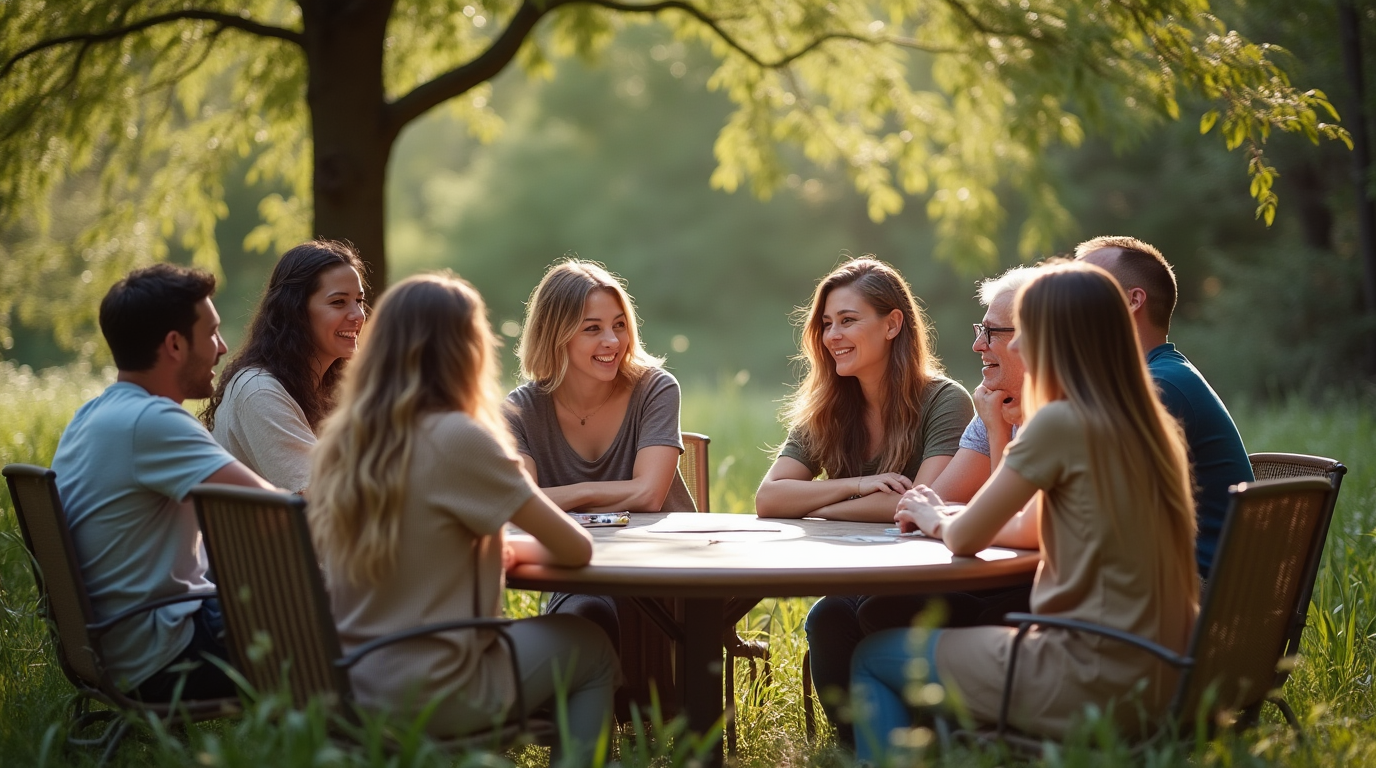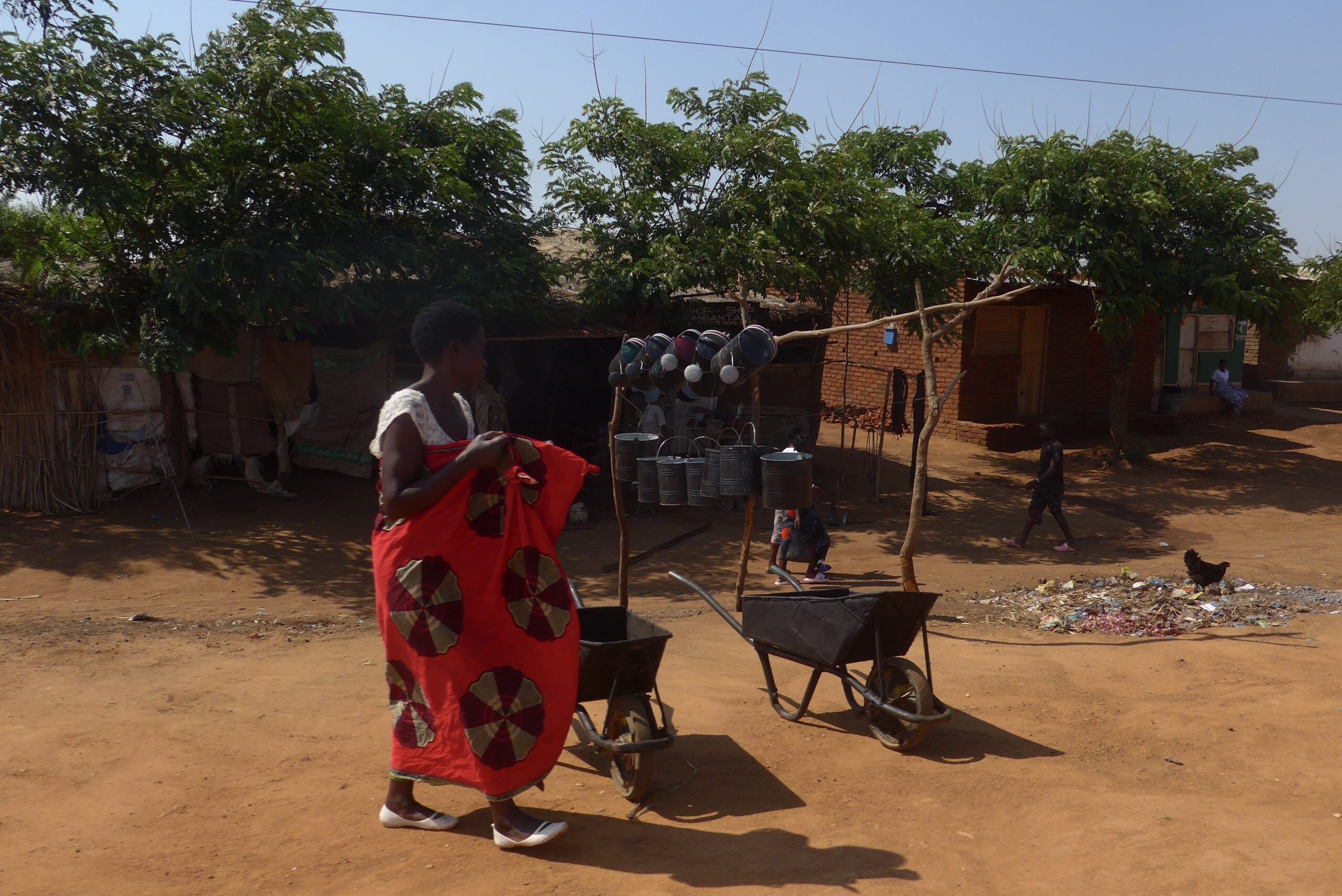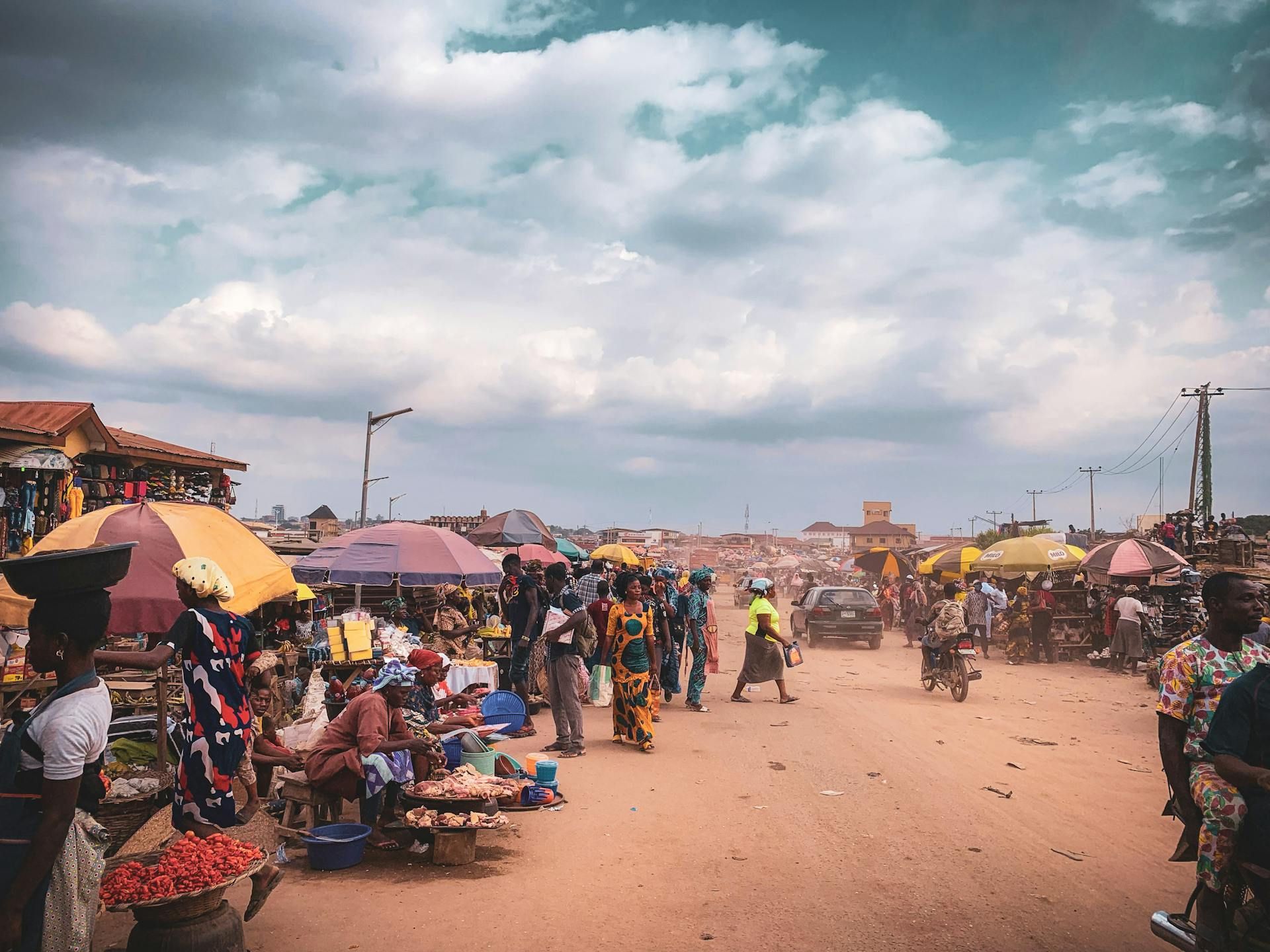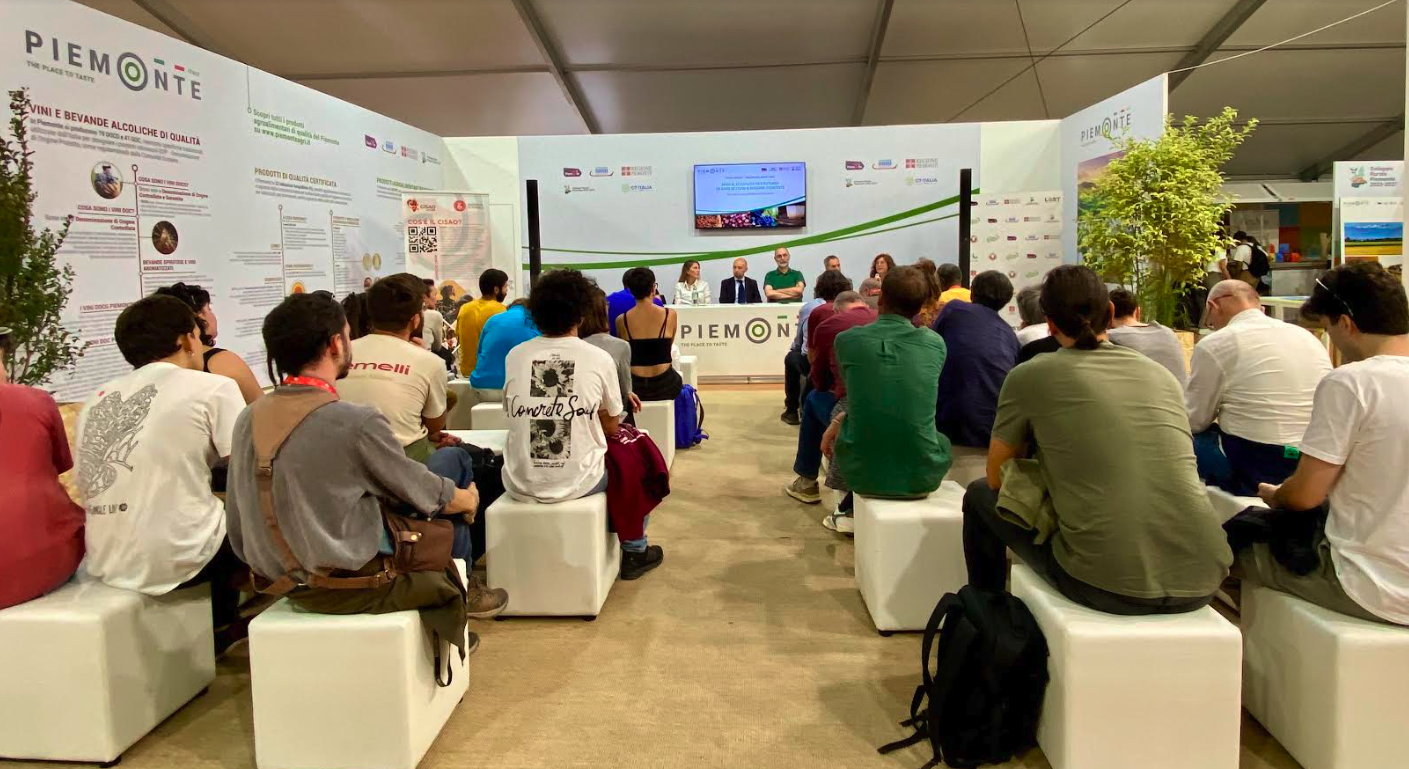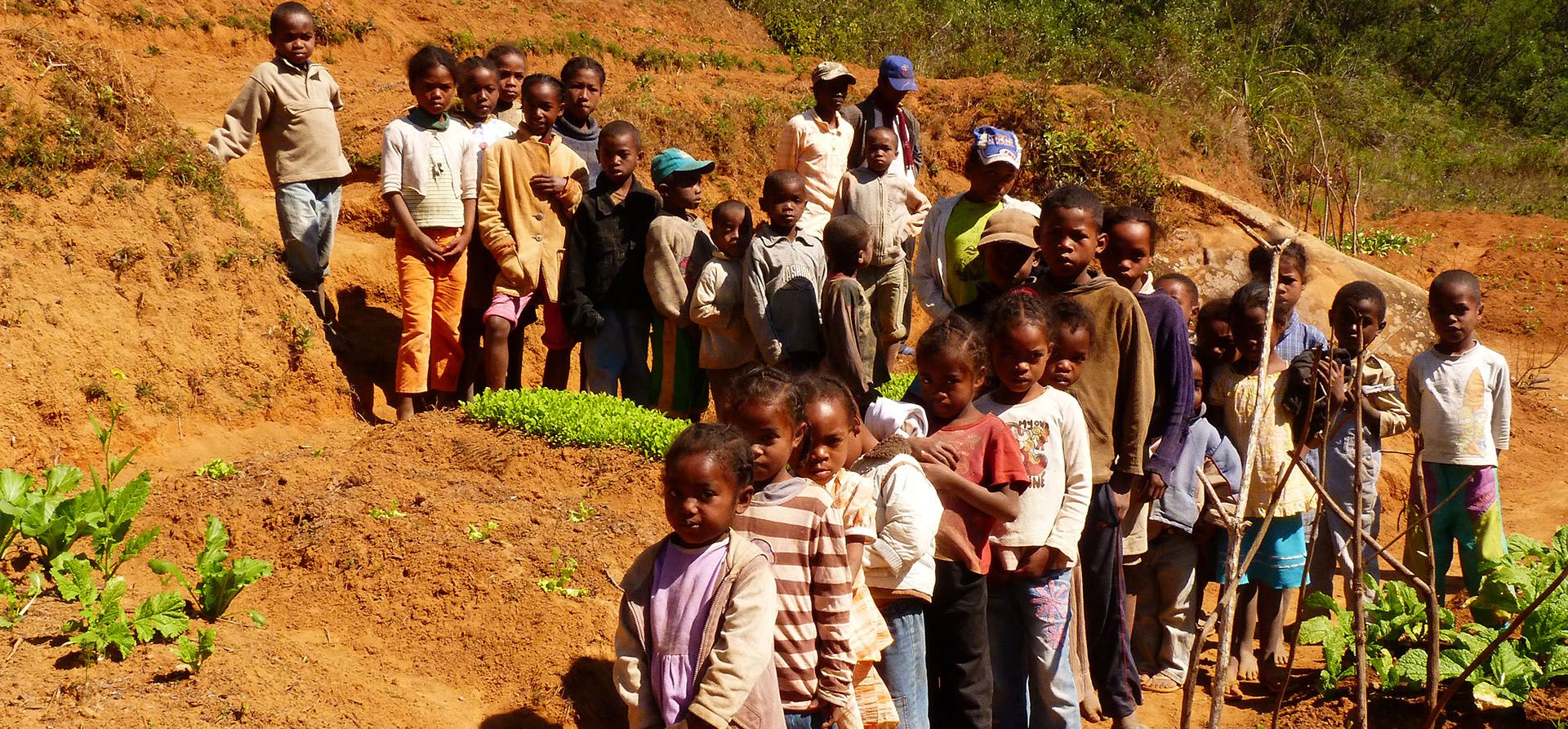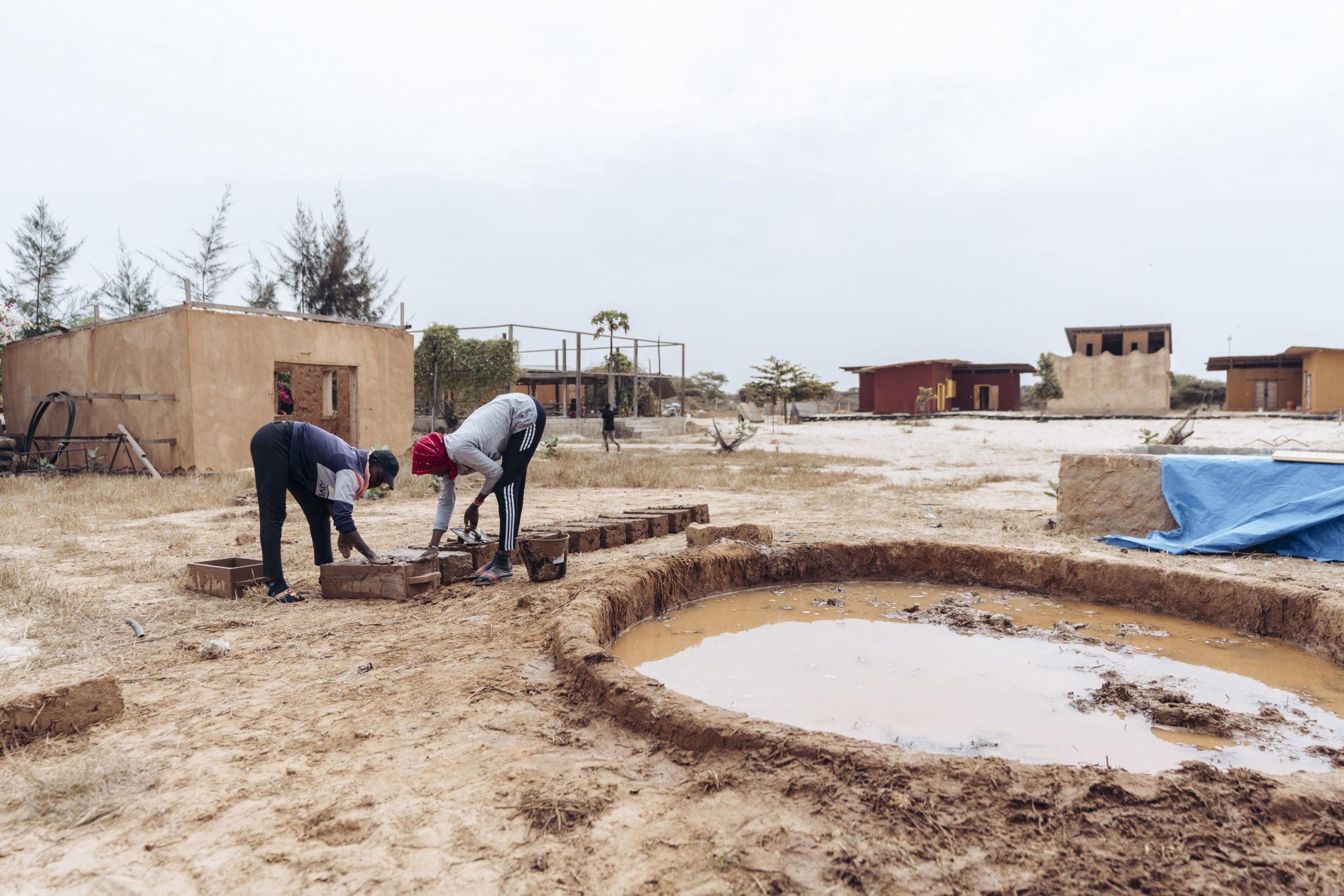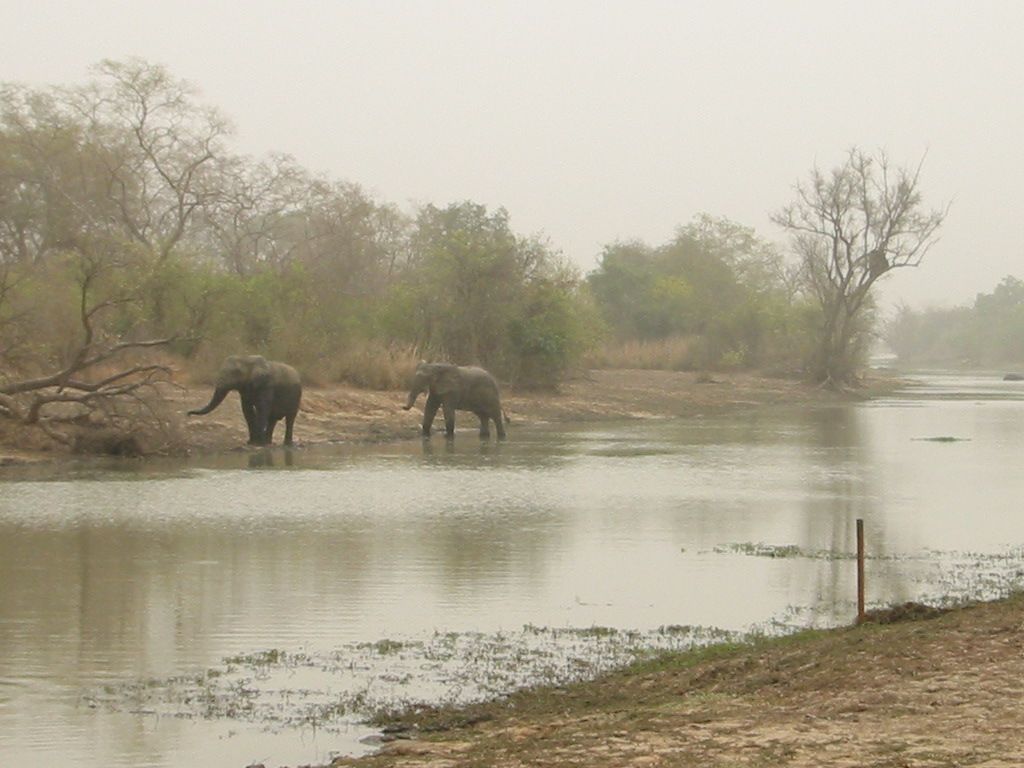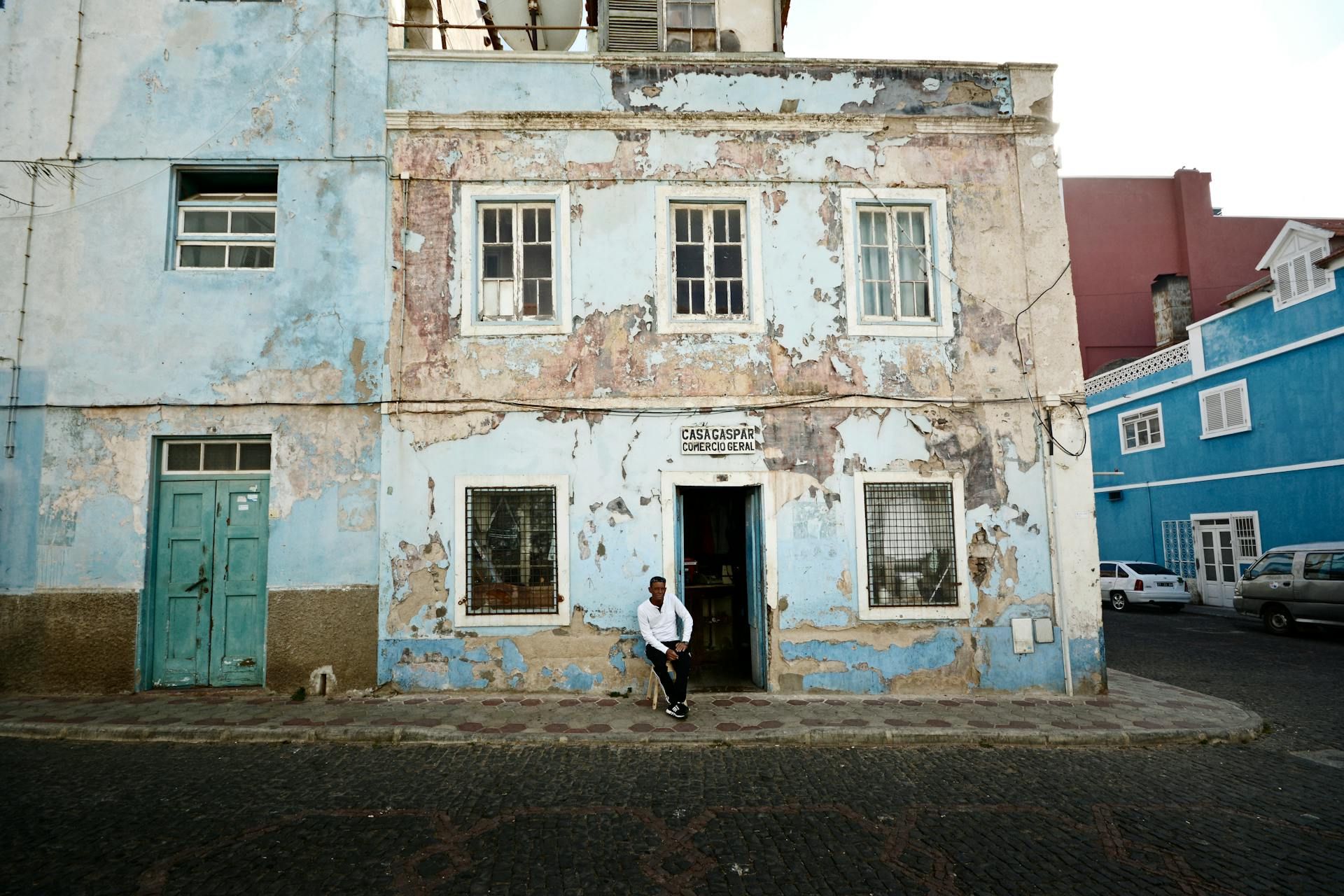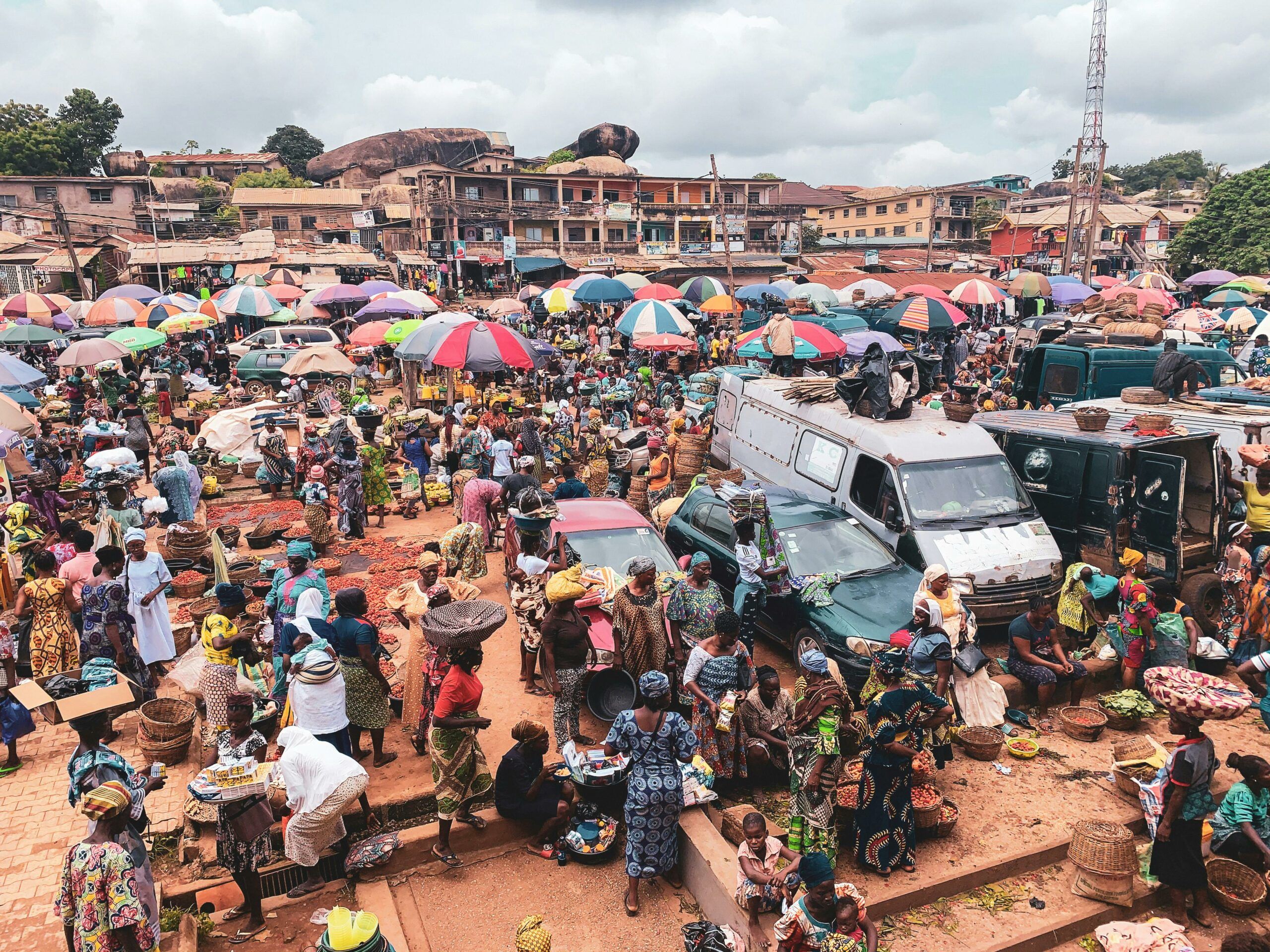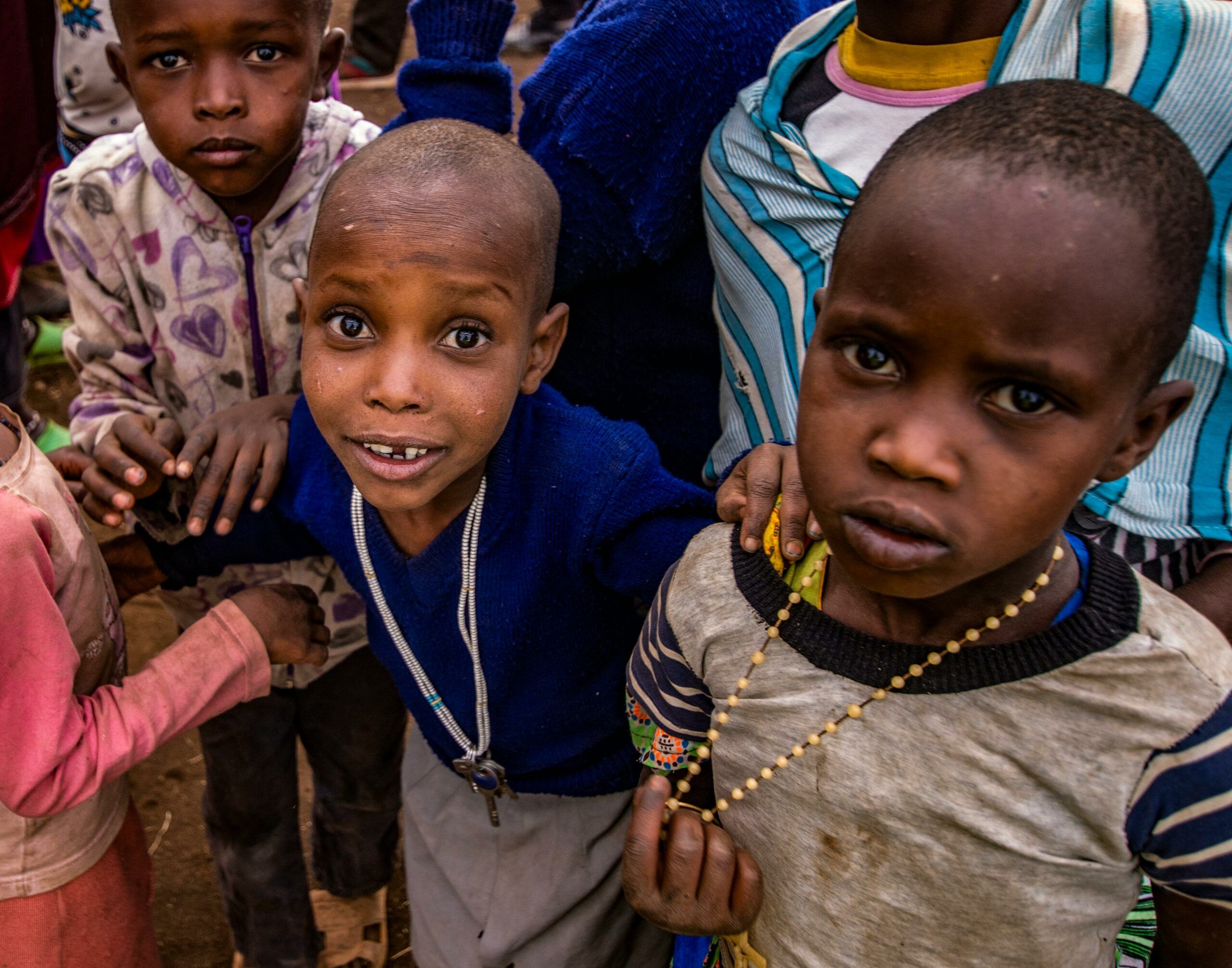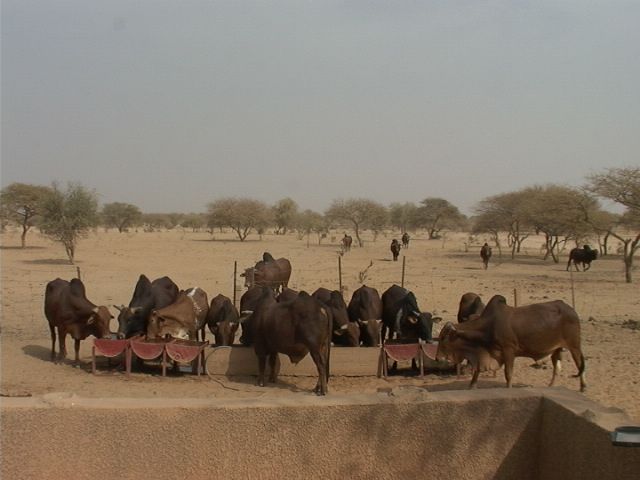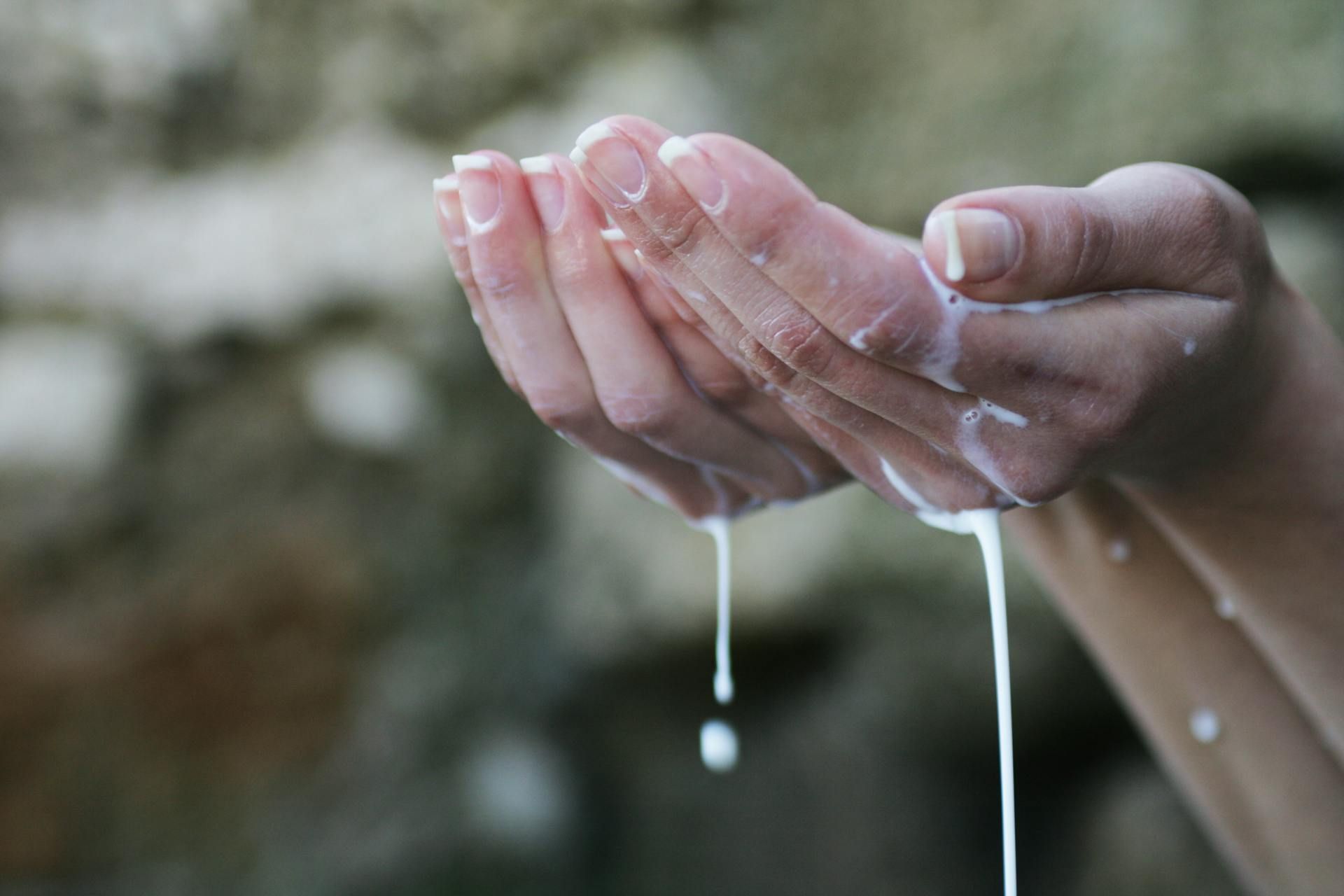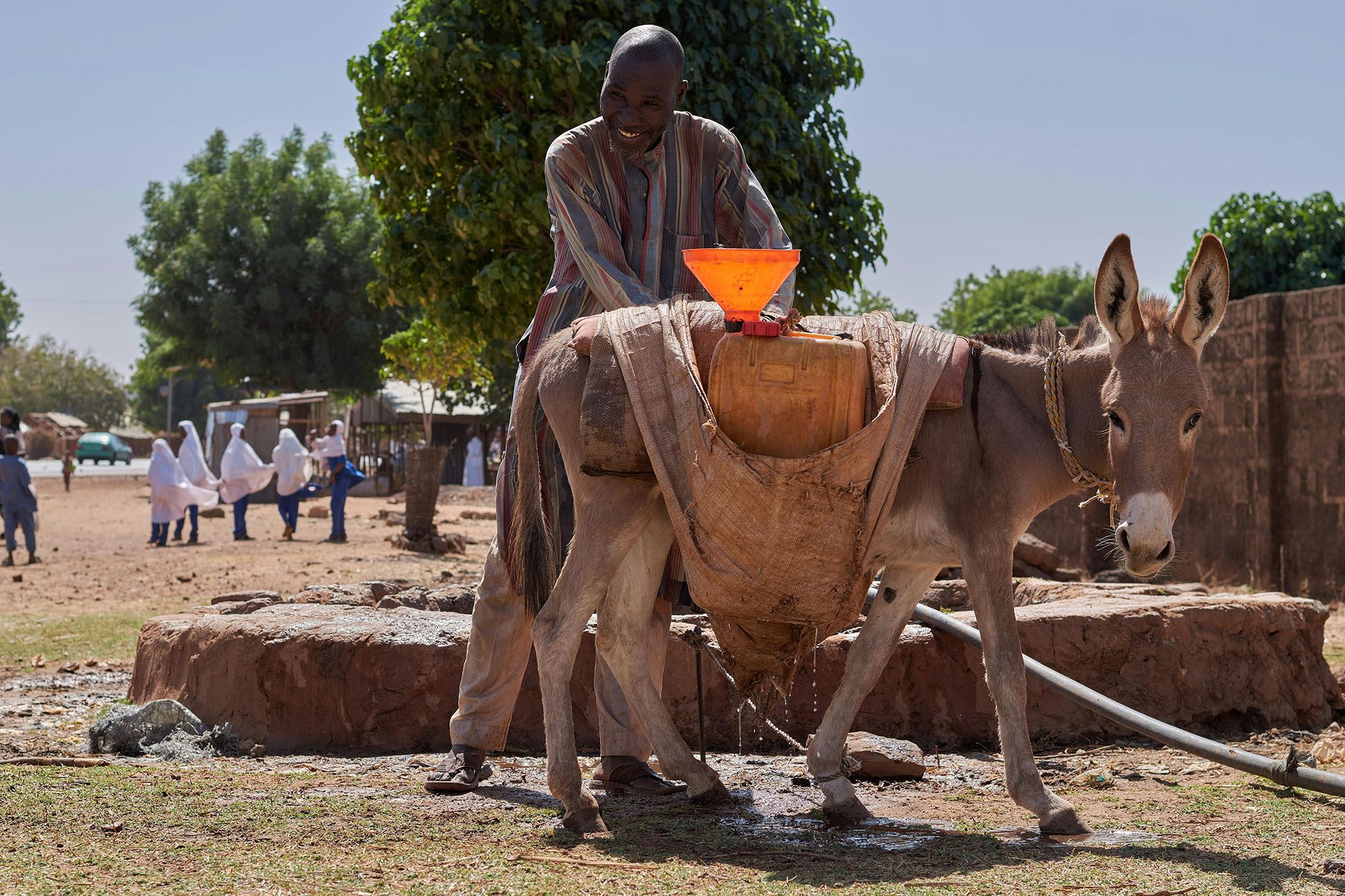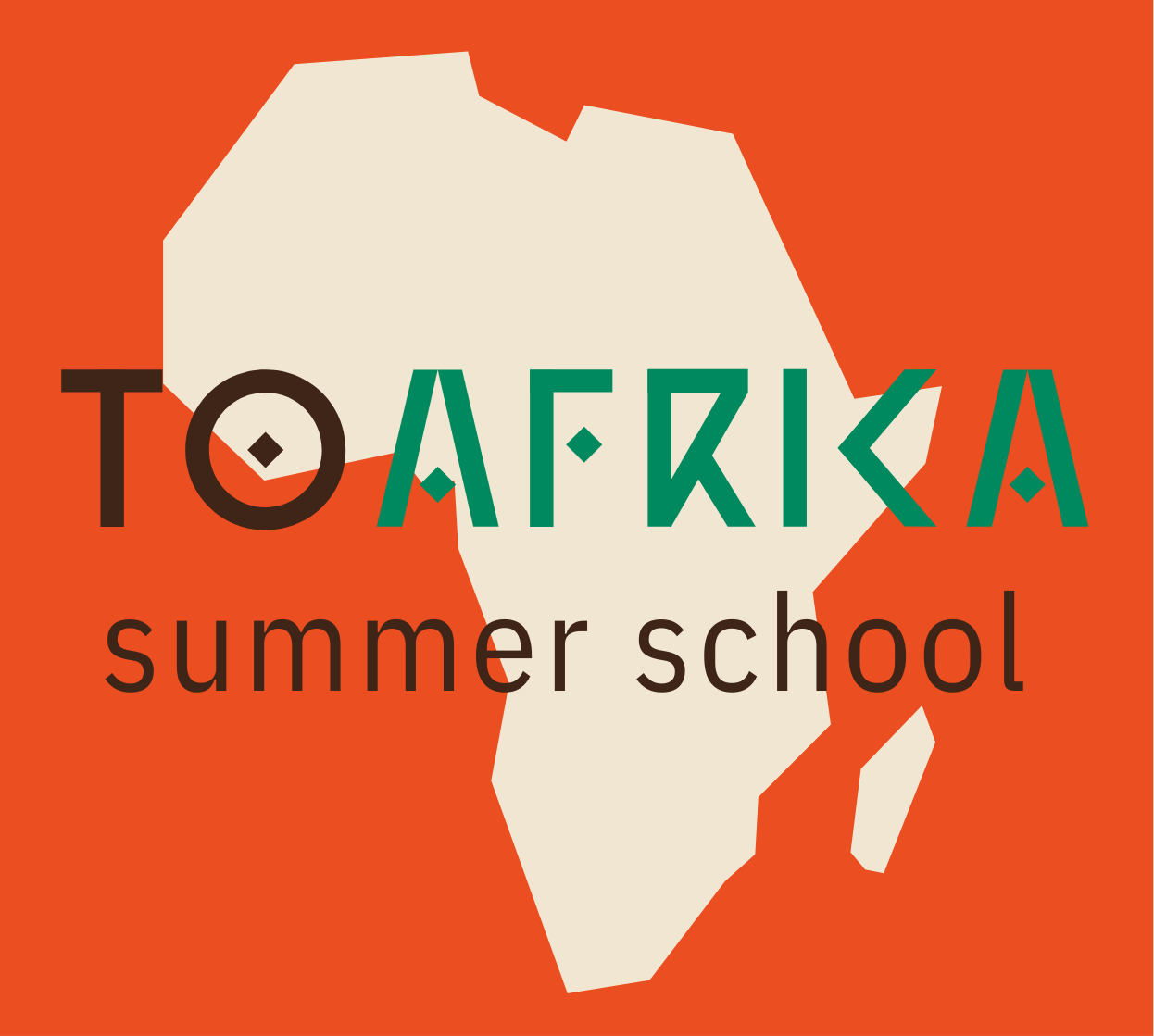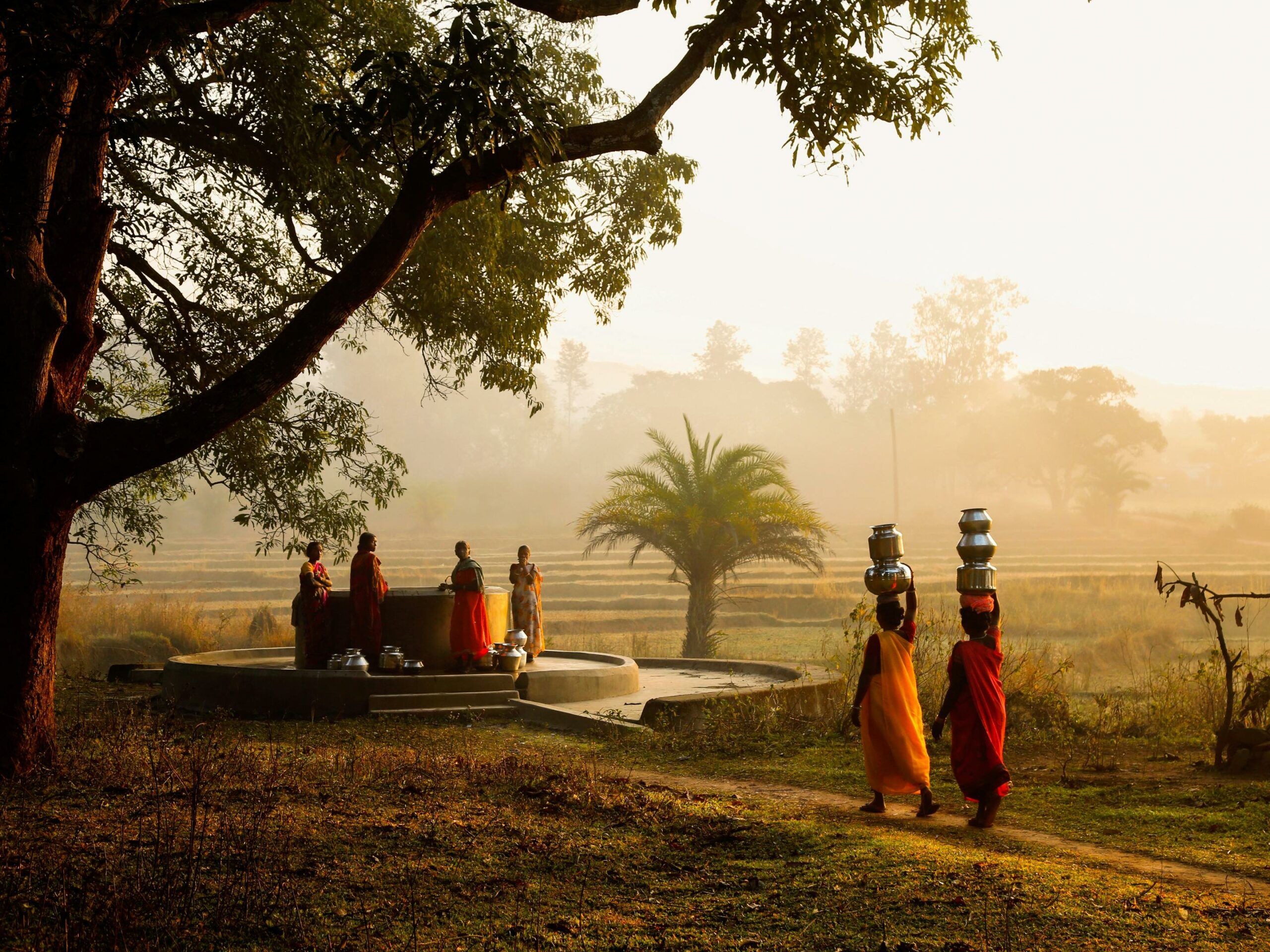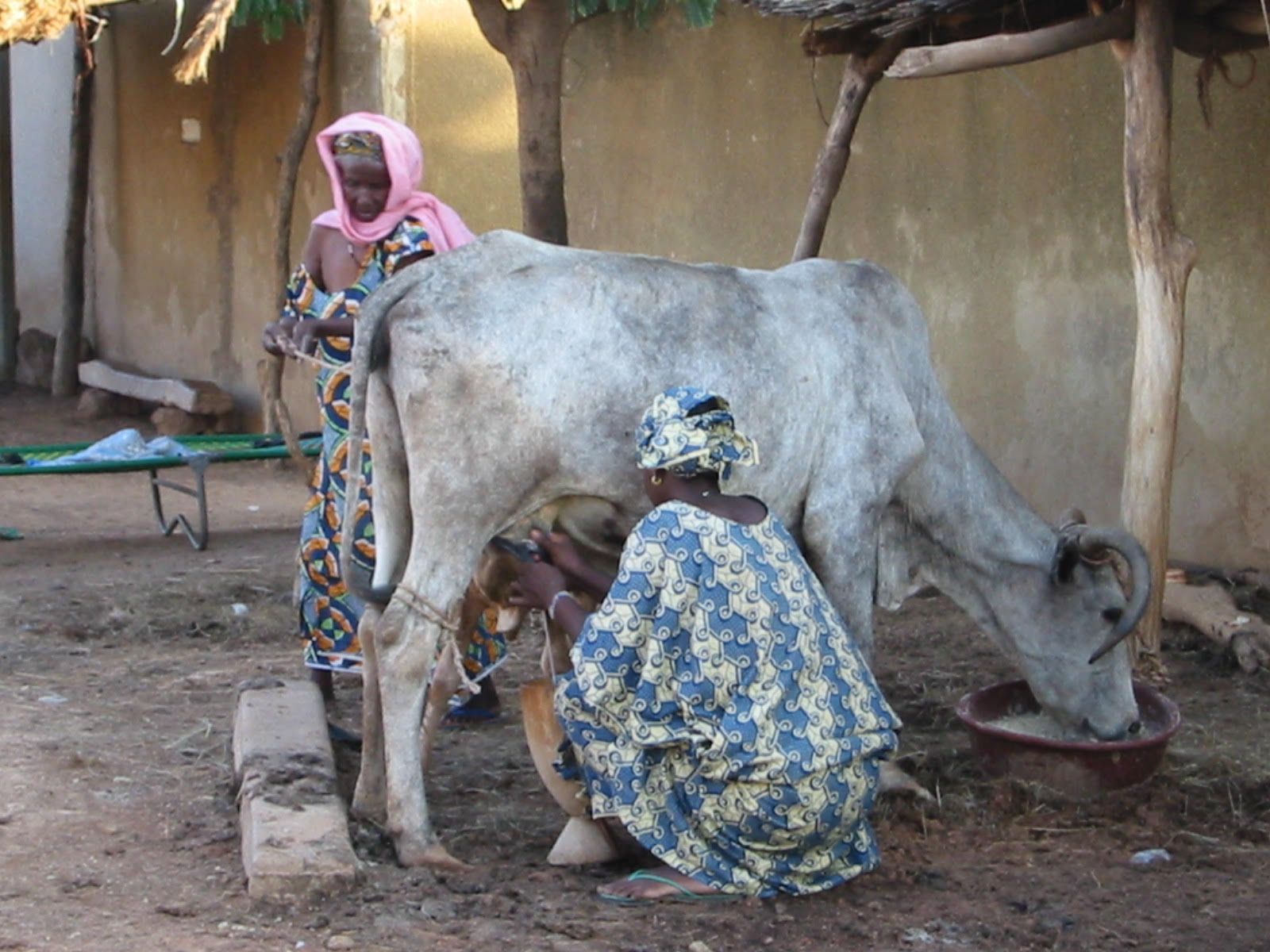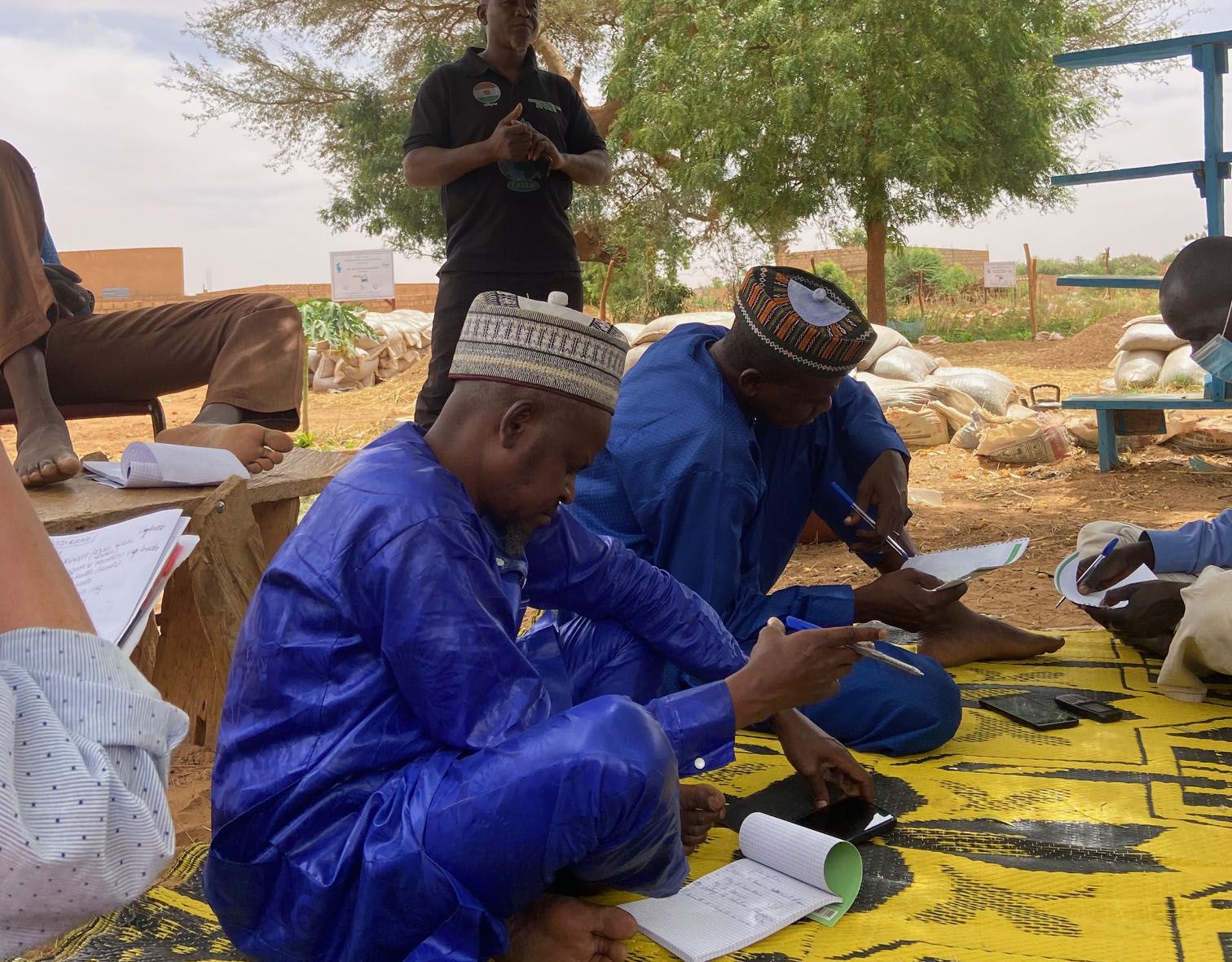Author: ammin
TOAfrica – InterdisciplinarySeminar on Africa’s History and Future
On February 17, 2024, from 9:30 AM, CISAO will host TOAfrica, a training and dissemination seminar exploring Africa’s past and future. As part of Black History Month Torino, the event brings together experts from various disciplines to discuss historical, cultural, and socio-economic issues of the African continent. A unique opportunity to reflect on global dynamics and foster an informed dialogue. Free entry.
https://www.blackhistorymonthtorino.it/17-02-dalle-ore-930-seminario-toafrica-incontri-interdisciplinari-di-forma...
SOCIAL: The Podcast on Social Enterprises in Senegal
SOCIAL: The Podcast onSocial Enterprises in Senegal
The PROVIVES project in Senegal is a significant initiative aimed at promoting a green, social, and circular economy in the regions of Dakar, Thiès, Louga, and Saint-Louis. The project involves 160 businesses and 40 start-ups, supported by a network of local and international partners, including CISV, CISAO, LVIA, Re.Te Ong, and Mercato Circolare, and is funded by the Italian Agency for Development Cooperation. One of the main objectives of the project is to guide agricultural enterprises through an ecological transition by integrating agroecology...
The Restitution of African Cultural Heritage: A Step Towards Decolonization
The Restitution of African Cultural Heritage: A Step Towards Decolonization
There is a year that is internationally recognized in African history as extremely important and is defined as “the Year of Africa,” 1960. It was then that many African colonies began a long and complex process of decolonization by declaring their independence from European powers. Independence movements and liberation struggles played a fundamental role in achieving independence. Thanks to them, a wind of change spread, leading to the formation of national consciousness and contributing actively to the...
A beautiful video that provides a deep understanding of the PROVIVES project
A beautiful video that provides a deepunderstanding of the PROVIVES project
The PROVIVES project in Senegal is a significant initiative aimed at promoting a green, social, and circular economy in the regions of Dakar, Thiès, Louga, and Saint-Louis. The project involves 160 businesses and 40 start-ups, supported by a network of local and international partners, including CISV, CISAO, LVIA, Re.te Ong, and Mercato Circolare, and is funded by the Italian Agency for Development Cooperation.
One of the main goals of the project is to guide agricultural enterprises towards an ecological transition...
An Endogenous Alternative to Development: The Example of Niahène, Senegal
An Endogenous Alternative to Development:The Example of Niahène, Senegal
Since the 1980s, sub-Saharan African countries have implemented Structural Adjustment Programs (SAPs) proposed by the World Bank and the International Monetary Fund. These neoliberal reforms curtailed state powers, liberalized markets, and privatized key agricultural institutions, leaving them increasingly dependent on international dynamics.
In Senegal, family farming—the backbone of the economy—has progressively deteriorated, with direct consequences for women. Despite their pivotal role in agricultural production,...
Expert in Agroecology
Expert in AgroecologyAction Research and Methodological Approaches for the Agroecological Transformation of Agri-Food Systems
The training course “Expert in Agroecology – Action Research and Methodological Approaches for the Agroecological Transformation of Agri-Food Systems” is starting, offering comprehensive education to acquire essential knowledge and skills to manage this transition in the context of international cooperation.
Become an expert in agroecology!
Registration is now open for the training course promoted by the Azione Terr AE coalition : a complete training course...
The Environmental and Social Impact of Charcoal Trade
The Environmental and SocialImpact of Charcoal Trade
I recently visited Malawi, specifically LUANAR, the Lilongwe University of Agriculture and Natural Resources. LUANAR has three campuses: two in the capital city Lilongwe and one about forty kilometers south, the “Bunda” campus. It was at this beautiful and modern campus, home to the faculties of agriculture and veterinary studies, that I spent my mornings during my stay in Malawi.
The campus is situated along the main road connecting Malawi to Mozambique. Even during an earlier visit in spring, I noticed countless bicycles heavily laden with...
Africa Told by Influencers
Africa Told byInfluencers
African influencers are profoundly redefining the narrative and perception of the continent. Through their digital platforms, these emerging voices not only tell more authentic and diverse stories about Africa but also challenge the stereotypes and limited representations that have dominated for years. A recent article in Nigrizia highlights numerous influencers who are becoming key players in constructing a new African identity that is richer, more complex, and capable of connecting with a global audience. Young men and women use their platforms to promote products,...
Contemporary Africa
Contemporary Africa
Africa is a dynamic and diverse continent facing a mix of opportunities and challenges, driven by a range of political, economic, environmental, and social factors.
Political LandscapeWhile the push for democratic governance is growing across the continent, some nations still struggle with authoritarian governments (e.g., Eritrea, Equatorial Guinea), military coups (Mali, Guinea, Sudan), and political instability. Political instability has fueled numerous ongoing conflicts, with the most recent wars being fought in Sudan, the Sahel (Mali, Niger, Burkina Faso), and the Great...
The CISAO celebrates 20 years and reflects with the Piedmont Region on changes in cooperation
The CISAO celebrates 20 years
and reflects with the Piedmont Region on changes in cooperation
The CISAO celebrates 20 years and reflects with the Piedmont Region on changes in cooperationHow has cooperation changed since 2004, the year CISAO was founded, to today? What are the new approaches and challenges that cooperation and CISAO will face in the coming years? These were the two main topics discussed during the meeting organized with the Piedmont Region on the occasion of “Terra Madre” in Turin, attended by external experts, AICS officials, and young Italians and foreigners involved...
The Contingency of a precious alga: Spirulina
The Contingency of a precious alga: Spirulina
I was in N’Djamena, the capital of Chad. It was one of the last days of my mission in this country, which, along with Burkina Faso and Niger, is a partner in the CISAO project called “RUSSADE” focused on higher university education.Besides the usual formal meetings and visits to various university sites and laboratories, the local colleagues told me about a unique yet abundant treasure of their country: spirulina from Lake Chad. This is a unique place in the world, around which dozens of ethnic groups and about 20 million people...
The 20 Years of CISAO: 2004 – 2024
The 20 Years of CISAO:2004 – 2024
The 20 Years of CISAO: 2004 – 2024 Africa, Complexity, and Future A twenty-year dialogue with CISAO and the Piedmont Region.
On the occasion of the 20th anniversary of CISAO’s establishment, during Terra Madre Salone del Gusto 2024, we will organize a meeting with the Piedmont Region, which has always supported the Center and has been a key partner in building knowledge and solutions for resilient territories and agricultural systems in a more sustainable and inclusive world.A roundtable with experts in the field of development cooperation will encourage...
Green, Social, and Circular: The PROVIVES Enterprises in Senegal
Green, Social, and Circular:The PROVIVES Enterprises in Senegal
The following article was published by CISV as part of the PROVIVES project, in which CISAO is a partner. For further information https://cisvto.org/africa/verdi-sociali-e-circolari-le-imprese-di-provives-in-senegal/
Green, Social, and Circular: The PROVIVES Enterprises in Senegal
The PROVIVES project in Senegal represents a significant initiative aimed at promoting a green, social, and circular economy, involving 160 businesses and 40 start-ups in the regions of Dakar, Thiès, Louga, and Saint-Louis. The project, which has just...
Gender and Development
GENDER ANDDEVELOPMENT
Why is it essential to talk about gender when discussing development? And how important is gender mainstreaming in the field of cooperation? Development must necessarily include gender equality in every dimension. Building equitable and sustainable development also means ensuring that all people have the same opportunities for personal and professional fulfillment. Applying a gender-sensitive approach in the field of cooperation allows the needs of men and women to be considered and integrated into the development of policies, programs, and projects. Essentially, this...
My park W
My Park W
The first time I visited the W National Park was in 2002; since then, I have been there two more times, always starting from Niamey, the capital of Niger. W is a transnational park located at the borders of Niger, Benin, and Burkina Faso; the name derives from a triple bend of the Niger River, which forms a gigantic W in the middle of an intact Sudanese-Sahelian savannah, with grasslands, shrublands, wooded savannahs, and gallery forests. Together with the neighboring parks of Arly (Burkina Faso) and Pendjari (Benin), and the hunting zones of Koakrana and Kourtiagou (Burkina Faso)...
A Showcase on Cape Verde
A Showcase onCape Verde
At the AMSES – Associazione Missionaria Solidarietà e Sviluppo headquarters in Fossano (CN), a small exhibition on the Cape Verde archipelago is open to the public, curated by Elena Ferrero and Giovanni Mortara, members of CISAO.
The exhibition is the result of activities conducted in Cape Verde since 1998 by a multidisciplinary group from the University of Turin, the National Research Council, and the Craveri Civic Museum of Natural History in Bra. Over time, thanks to the valuable collaboration of officials from the International Cooperation Sector of the Piedmont...
CISAO Annual Assembly
CISAO Annual Assembly
The relationships between Africa, particularly sub-Saharan Africa, and the rest of the world are undergoing a significant transformation due to major changes in the international landscape and new internal economic and political dynamism. CISAO aims to continue being a focal point and synthesis hub for many of the activities in higher education, research, and territorial cooperation that the University of Turin can offer to those interested in the African continent and its transition towards a new development model.
This was the starting point of the CISAO Annual Assembly...
The Burkina Faso Table of the Piedmont Region Inaugurated at the Circolo dei Lettori
The Burkina Faso Table of the Piedmont Region Inaugurated at the Circolo dei Lettori
The crisis in Burkina Faso is one of the most neglected in the world. The African country is afflicted by a combination of negative factors: political instability, climate change, terrorism, and a lack of state governance over security.
In recent years, the needs of the population have grown, but the arrival of aid and the possibility of carrying out cooperation project activities have become increasingly complex. Instability and violence from jihadist groups have caused a progressive increase in internally...
“KIJANI PEMBA – Strengthening Urban Eco-Resilience in Chake Chake and Mkoani”: The First Steps
KIJANI PEMBA
The “KIJANI PEMBA – Strengthening Urban Eco-Resilience in Chake Chake and Mkoani” project is part of the Green and Smart Cities SASA program and aims to support the communities of the main urban areas of Pemba Island, Tanzania.
A community participatory mapping through an environmental and socio-economic analysis in the target areas will develop a vulnerability assessment involving four types of local actors (public institutions, local universities, civil society, and private entities) using a mixed quantitative/qualitative methodology.
The first action of the...
Meat Production and Consumption in Africa
Meat Production and Consumption in Africa
The top five African countries producing meat from farmed species are South Africa, Egypt, Nigeria, Morocco, and Sudan. Together, they contribute about 50% of the continent’s total meat production in terms of volume.The farmed species include chickens (1.9 billion), goats (374 million), sheep (350 million), cattle (320 million), pigs (35 million), dromedaries (23 million), and equids (donkeys, horses, and mules 2.6 million). Additionally, there are also wild species, fish, and insects.For years, Africa has seen an increase in the demand for animal...
The multiple and extraordinary dairy productions of Africa
The multiple and extraordinary dairy productions of Africa
Milk and its derivatives have always been important components of many pastoral civilizations in Africa. In addition to their nutritional value and, in many cases, economic importance, milk and its derivatives often have significant social and cultural meanings.
Depending on the type and method of production, Africa produces fresh cheeses, aged cheeses, fermented cheeses, and other milk and butter derivatives. These varieties give rise to an extraordinary range of local products where tradition, culture, conditions, and environmental...
PROJECT OBJECTIVE WORK: three days of discussions and ideas for ecological transition in Niger
PROJECT OBJECTIVE WORK
PROJECT OBJECTIVE WORK: three days of discussions and ideas for ecological transition in Niger
OBJECTIVE WORK is a project on the innovation of agro-pastoral supply chains and micro-enterprises for youth employability in Niger, funded by the Italian Ministry of the Interior and implemented by CISV Onlus in partnership with Movimento Africa ’70. Young people from rural areas of Zinder and Tillabery are forced to migrate due to lack of employment, while the cities of Niamey and Zinder are destinations for migration from rural areas. Unfortunately, employment is scarce...
Summer School TOAfrica
Summer School TOAfrica
The fifth edition of the TOAfrica Summer School will take place this year from June 17th to 21st at the Einaudi Campus in Turin.
The theme for this year is “Mobility and Migration in Africa: A South-South Perspective.” The Summer School, which originated within the Erasmus exchange program with Makerere University in Kampala (Uganda), counts among its partners the Nordic Africa Institute (NAI) in Uppsala, the “Les Afriques dans le monde (LAM)” laboratory at the University of Bordeaux, and the Consortium of Piedmontese NGOs (COP). It is a week-long...
Research on aquifers in the lateritic deposits of the city of Jangany (Madagascar)
Research on aquifers in the lateritic depositsof the city of Jangany (Madagascar)
Purpose of the study and methodologies applied.
The objective of this study is to identify potential sites near the city of Jangany in Madagascar where wells for drinking water can be constructed. The geophysical investigations applied in this case study aim to locate a possible shallow or deeper aquifer compared to those currently exploited, and to determine its position underground in order to construct wells appropriately, yielding satisfactory results to meet the city’s ever-growing water demand. Geophysics...
Zambia e Malawi: astonishing diversity in environments, peoples, languages, and activities
Zambia e Malawi:astonishing diversity in environments, peoples, languages, and activities
A journey through two countries in Southern Africa, Zambia and Malawi, distinguished by astonishing diversity in environments, peoples, languages, and activities. The purpose of the trip was to strengthen existing contacts with universities, training institutes, and research organizations, initiate new collaborations, and connect with some Italian NGOs active in these countries.The first part of the journey took place in Zambia. While staying in the capital, Lusaka, we visited the campus of the University...
2nd Interregional Forum on Global Citizenship Education
2nd Interregional Forumon Global Citizenship Education
On Tuesday, March 19th, from 9:30 am to 5 pm, the second Interregional Forum on Global Citizenship Education will take place in Turin, at the Greenpea space in Turin. The forum is organized as part of the R-EDUC project: Regions for Global Citizenship Education, funded by the Italian Agency for Development Cooperation. Organized by the Piedmont Region in collaboration with the Consortium of Piedmontese NGOs, the forum will focus on the theme of sustainability, which will be explored through dialogue among regions, actors in global citizenship...
The sea to drink: obtaining fresh water from saltwater as a solution to the water crisis.
The sea to drink: obtaining fresh water from saltwater as a solution to the water
crisis.
More and more countries in the African continent are betting on this seemingly
efficient alternative model, but one with high energy consumption and environmental
impact. And above all: who owns desalination plants in Africa? What are the environmental
consequences of this process? Who will truly benefit from desalinated water? Today,
almost three out of four natural disasters are water-related. By 2025, two-thirds of the
world's population will live in areas affected by water stress. This is already...
ONE HEALTH: A Holistic Approach to Safeguard Global Health
A Holistic Approach to Safeguard Global Health
Climate change is ranked third, after chronic diseases and economic crises, as a threat to global health. During the Regional Conference on Climate Change and Health held in August in Malawi, Amref, along with other organizations dedicated to the continent such as AFIDEP (African Institute for Development Policy), PACJA (Panafrican Climate Justice Alliance), and the World Health Organization, shared a common African position on climate change and global health. This position harnesses the potential of the One Health approach: a collaborative approach...
Sovranità alimentare e clima: l’agroecologia, un’alternativa che guadagna terreno.
Sovranità alimentare e clima: l’agroecologia, un’alternativa che guadagna terreno.
Questo il titolo dedicato da Jeune Afrique a una rivoluzione silenziosa che si sta svolgendo negli ultimi anni in Africa, dove l’agroecologia sta guadagnando sempre più terreno.
Da poco conclusosi COP28 dove le questioni agricole sono state centrali, osserviamo come questa idea di agricoltura, diametralmente opposta al modello dell’agrobusiness, sia sempre più condivisa all’interno delle organizzazioni contadine africane che trovano in essa un modo per valorizzare il lavoro, le...


